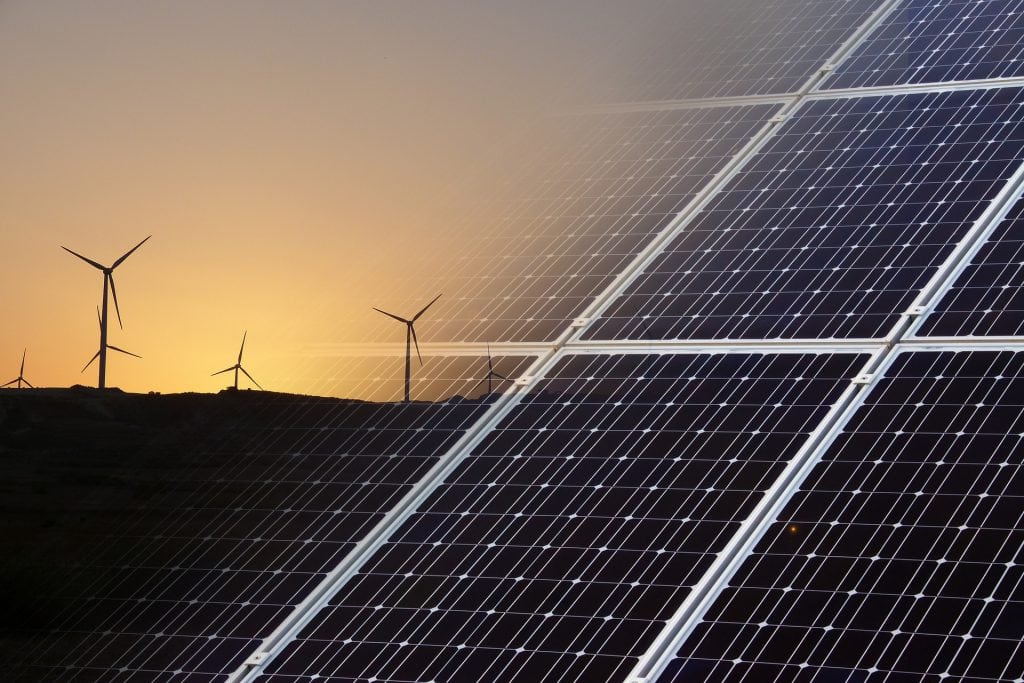Three great stories we found on the internet this week.
Banana bread
Bananas just might be the cheapest food at the supermarket, often selling for pennies a pound. Now, a Montreal startup is asking buyers to think about why that might be — and consider paying a little more to fix the system.
With labels that read “The only bananas sharks eat” and “The only banana to binge-watch,” Equifruit has designed a playful marketing campaign for a serious purpose. The company asks customers to pay up to 40 cents more per pound for their Fairtrade bananas. The goal? Change the banana industry — which has a history of labor abuses and land grabbing — and ensure that farmers and workers get the compensation they deserve.
Equifruit sources bananas from co-ops and small farms in South and Central America, sending them to Canadian grocery stores. Now they plan to expand into the US. In addition to the fair sales price, for every 40 pounds of bananas sold, $1 goes back to the farming communities for investment in more sustainable growing practices and labor safety.
Read more at The Globe and Mail
Power up
The US just hit a renewable energy trifecta: Thanks to a combination of solar, wind and big batteries, a new plant in Oregon can steadily power a small city, emissions free.
Utilities running on renewable energy must sometimes turn to fossil fuels to meet electricity demands on days without wind and sun. But batteries that store built-up power for such days are a more eco-friendly solution. The Oregon plant is the first in North America to tap into wind and solar with storage on a large scale.

The facility’s opening comes on the heels of the demolition of the state’s last coal plant — and after Oregon passed a law last year that requires public utilities to eliminate carbon emissions by 2040. There are at least nine similar facilities in the works in the US, from Arizona to Illinois.
“This model can become a tool for decarbonization across the West as the whole country is driving toward very ambitious climate reduction goals,” said a rep from a utility that co-owns the plant.
Help wanted
In some cases, an ironing board and money for car repairs can help a low-income American secure a six-figure salary.
The New York Times looked at successful job training programs, and reported that a “holistic approach to workforce development” is most effective at changing employment potential and income brackets.
Now, with $500 million in grants, the Biden administration aims to get 32 programs across the country to adopt such proven models. For example, Year Up’s focus is software training through coursework and internships. But the nonprofit also has classes in professional dress — complete with clothes closets and an ironing board — and supports students who need assistance with food, childcare and transportation.
As of May, Year Up students “made 30 percent more than a comparable group of young people who did not experience the program,” according to the Times.









